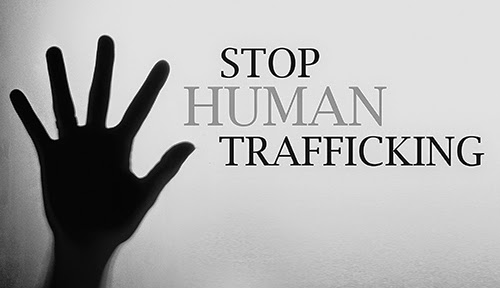SOUTH EAST ASIA GENERATES US$23 BILLION ANNUALLY OUT OF HUMAN TRAFFICKING, SAYS UNODC
This report in today from the United Nations Office on Drugs and Crime does is not going to help the Thai military government plans to get the country off the bottom of the United States TiP (Trafficking in Persons) report which described Thailand’s performance as ‘abysmal’ due to corruption.
Bangkok (Thailand), 28 April 2015 – Smuggling of migrants poses a significant threat to Asia, generating an annual value of USD $2 billion for criminal groups and leading to deaths and human rights abuses, warns the United Nations Office on Drugs and Crime (UNODC) in a new report released today.
The report Migrant Smuggling in Asia: Current Trends and Related Challenges analyses the smuggling of migrants in 28 states from the Middle East to the Pacific and finds that criminal networks are creatively exploiting gaps between demand and regular migration, with smuggling fees to get to some destinations now reported as high as USD $50,000.
The report also stresses that a significant number of migrants use smugglers to cross borders in order to seek a better life, but end up in human trafficking situations. Far away from home and working illegally, smuggled migrants have little ability to assert basic rights and become vulnerable to abuse, trafficking and exploitation.
Southeast Asia continues to serve as an important source, transit and destination for migrant smuggling, with the majority of smuggling taking place within the region but with routes also reaching countries as far as Australia, New Zealand, Canada and the United States.
Mr. Jeremy Douglas, Regional Representative of UNODC in Southeast Asia and the Pacific emphasises the significance for the region, as smuggled migrants are more difficult to identify among the increasing number of regular migrants that accompany regional integration. “The cross-border movement of people in Asia is expected to grow rapidly and at unprecedented levels, in part due to new infrastructure projects and the opening of borders.”
Migrant smugglers operate in highly flexible networks and quickly adapt to changing circumstances, such as redirecting routes in response to increased border controls. “In addition, the production and use of fraudulent documents are widespread,” said Mr. Douglas. He added, “People that make use of smugglers face increased risks to their health and safety.”
The complex phenomenon of migrant smuggling in Asia defies simplistic solutions. UNODC calls on countries to comprehensively address migrant smuggling, embedded in wider trafficking, migration and development policies – in line with the UN Convention on Transnational Organised Crime.
To address the situation, the report recommends strengthening data generation and understanding, and improving national laws and policies while protecting the rights of migrants, as well as building operational capacity at border crossings to identify, investigate and prosecute smuggling and trafficking networks, and the protection of victims. This will require international cooperation and political will, as well as the development of affordable, accessible and safe avenues for legal migration.


